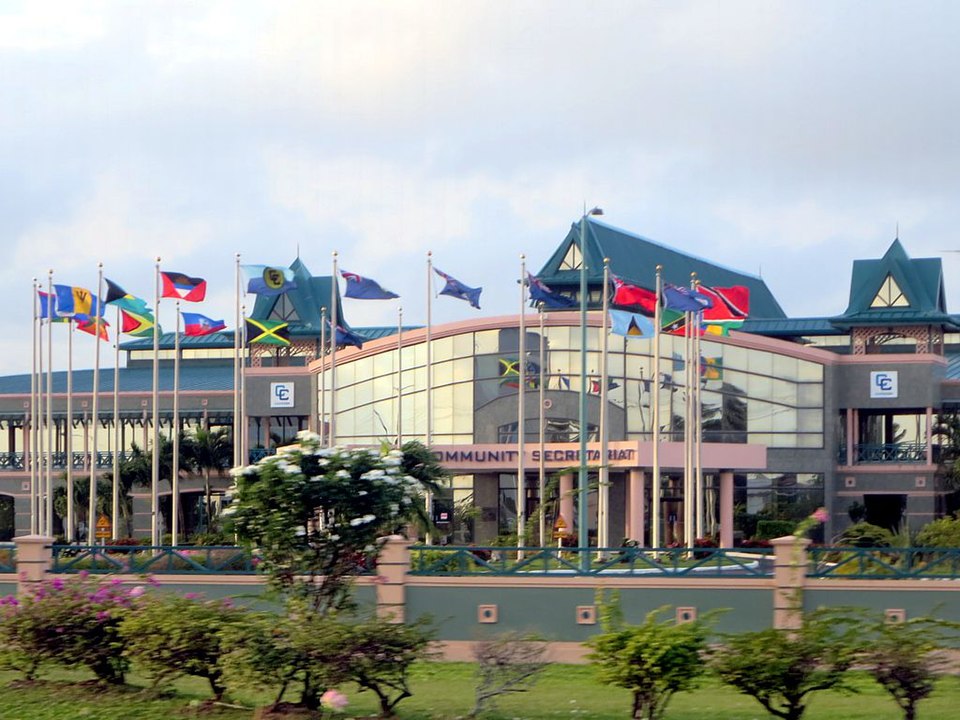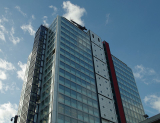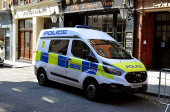
The Caribbean Community (CARICOM) reparations commission used its first official visit to London to issue a direct and forceful appeal to the British government: take responsibility for the
enduring consequences of slavery and colonial rule and support Caribbean societies in repairing the damage.
The delegation, which includes historians, political leaders and legal experts, met with activists, members of the British Parliament and civil society groups during a week-long visit aimed at raising awareness of the region’s long-standing reparations agenda.
Hilary Beckles, the commission’s chairman and a leading scholar of Caribbean history, said the social and economic challenges facing many nations in the region are inseparable from Britain’s colonial legacy. Speaking at a press conference, he urged the UK to confront that history through structured cooperation and financial assistance.
"You have to help us clean up this mess that you have created so that we can all go forward together," Beckles said, pointing to illiteracy, chronic underdevelopment and extreme poverty as examples of the systemic inequalities rooted in centuries of exploitation.
CARICOM has long argued that the transatlantic slave trade and subsequent colonial policies drained wealth from Caribbean societies while entrenching inequities that persist to this day. Its 10-point plan for reparatory justice calls for measures such as debt cancellation, investment in public health and education, technology transfers, and formal apologies from former colonial powers.
Although several European governments have acknowledged the brutality of slavery, Caribbean leaders say such statements have not been matched with meaningful action. Britain, in particular, has so far resisted any commitment to reparations, framing the issue as one best addressed through development partnerships rather than historical compensation.
Members of the London delegation said public opinion in the UK is beginning to shift, especially among younger generations who are increasingly aware of Britain’s imperial past. They hope this visit will build momentum for substantive dialogue with policymakers.
Campaigners also highlighted the symbolic importance of the commission’s presence in London, home to institutions that once directed and profited from Caribbean enslavement. For many, the visit underscores a growing determination among Caribbean nations to pursue justice on the global stage.
Beckles said the goal is not confrontation but cooperation. "We are seeking a moral partnership based on truth and reconciliation," he said. "Caribbean societies have carried the weight of this history for too long. It is time for Britain to join us in addressing it."
The commission is expected to present a detailed set of proposals to British officials later this year, as part of a broader international push for reparatory justice. Photo by David Stanley from Nanaimo, Canada, Wikimedia commons.









































